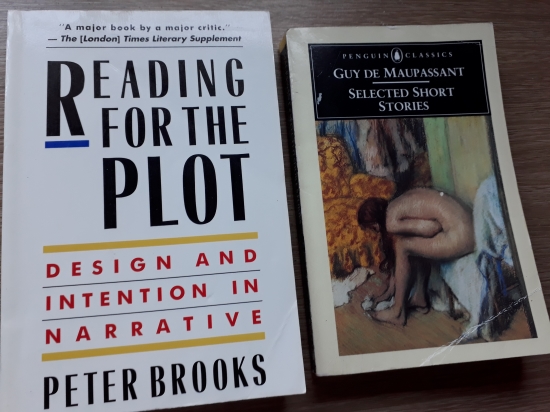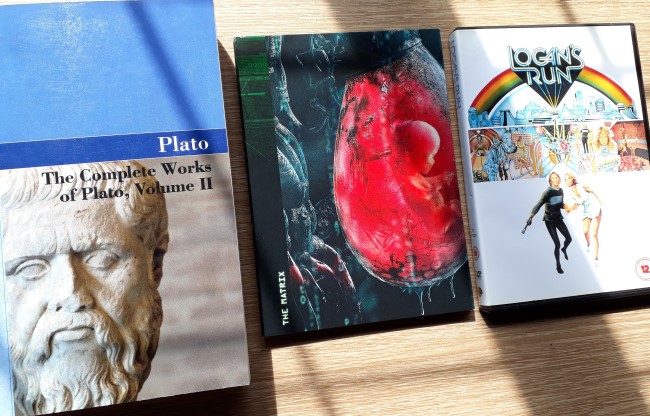
For centuries, literature of fiction—specifically, novels and short stories—has had a major influence upon the thoughts and attitudes of people, and has served as a catalyst for the cultural changes the West has undergone since the invention of the printing press. The social significance of fiction is important to recognize, as its power to influence is much less obvious than the overt, religious indoctrination that it has replaced. The power of fiction is not to indoctrinate, but to seduce: to affect individuals with particular ideas—but without the conscious awareness of having been engaged with an ideological sales pitch.
For this reason, learning about the essential forms and techniques of fiction can be very interesting and rewarding, as one becomes more capable of engaging with fictional works in added dimensions and with new levels of depth.
Continue reading “Fiction: Purpose & Form”

